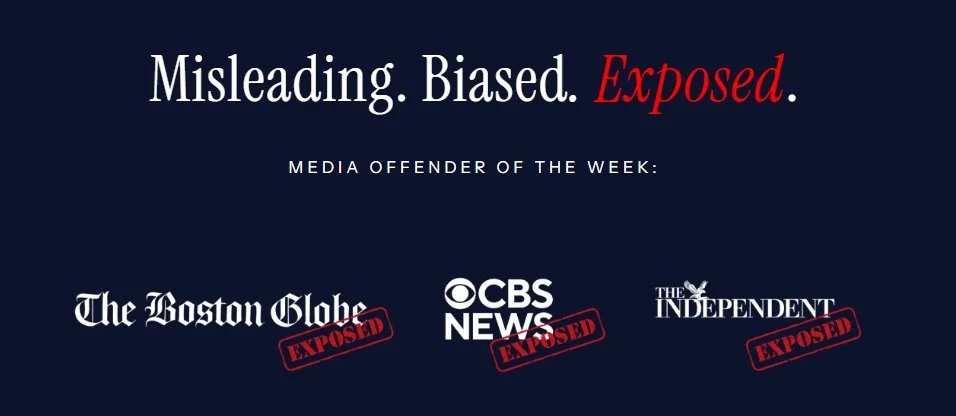Charlie Kirk’s Final Paradox: When Belief Meets Brutal Reality
All views expressed in this essay are those of the author. This essay is an opinion piece intended for commentary and analysis. It does not purport to present undisputed fact beyond publicly reported events. The essay condemns political violence in all forms and treats every loss of life as a human tragedy. Its purpose is critical analysis, not justification.
On September 10, 2025, Charlie Kirk was shot dead during a public appearance at Utah Valley University. For years, the conservative activist had argued that America’s gun deaths were a price worth paying for the Second Amendment. Now, he himself has been added to the toll.
Two years earlier, Kirk put his position in blunt terms:
“It’s worth it to have a cost of, unfortunately, some gun deaths every single year, so that we can have the Second Amendment to protect our other God-given rights.”
It was a startlingly utilitarian view of human life: liberty preserved through violence, even if the blood spilled was innocent. Additionally Kirk dismissed empathy as “a made-up, damaging term,” preferring to frame politics as a contest of strength and will.
That logic has always been troubling. Now, in the wake of his own assassination, its flaws are impossible to ignore.
It is important to restate that political violence is abhorrent and has no place in democratic life. Every gun death is a tragedy, regardless of politics or ideology. This essay examines the contradictions in Charlie Kirk’s philosophy in light of his killing. It does not justify or excuse violence.
The Cost Becomes Personal
Kirk saw gun deaths as abstract collateral damage—tragic but necessary. But when the life taken is his own, the abstraction collapses. If every shooting is “worth it” for the sake of liberty, then so, by his own standard, is his.
This is the brutal paradox. A worldview that treats human lives as expendable in defense of principle cannot easily demand special exemption when one of its architects falls victim. To critics, Kirk’s death is not vindication but proof of the human cost his philosophy always discounted.
Why the Logic Fails
Kirk’s defense of gun violence rested on two flawed premises:
That guns inherently guarantee liberty. In reality, nations with stricter gun laws often enjoy both safety and robust freedoms. Guns may empower individuals, but they also empower those who would harm them. Liberty without safety is an illusion.
That lives lost are an acceptable trade-off. Once you normalize some deaths as “worth it,” you can rationalize almost any level of carnage. But each death leaves behind families, communities, and grief that no constitutional principle can erase. Calling those deaths acceptable doesn’t make them less tragic; it makes the philosophy less humane.
Kirk’s own killing demonstrates these flaws with stark clarity. A gun did not protect him; it destroyed him. And the idea that his death is simply part of the bargain should be intolerable to anyone who values human life, regardless of political stripe.
How Supporters Will Reframe It
Yet for many of Kirk’s followers, his death will not prompt reevaluation. It will be folded back into the very logic he promoted:
Enemies, not firearms, are the problem. The gun is incidental; the shooter’s ideology is what matters.
More guns are the solution. If Kirk himself could be targeted, then conservatives must be more vigilant, more armed, more prepared.
Martyrdom validates the cause. His death will be framed as a sacrifice for the defense of American freedoms.
The irony is glaring: a life lost to gun violence becomes fuel for deeper entrenchment in a worldview that denies gun violence as a systemic problem. Where critics see contradiction, supporters will see confirmation.
The Empathy Deficit
Kirk’s disdain for empathy is also revealing. Empathy invites us to imagine the suffering of others and to act to reduce it. To Kirk, this was weakness, a distraction from principle. But without empathy, deaths like his are not invitations to mourn or reconsider. They are turned into symbols, stripped of their human weight and repurposed as tools for political mobilization.
This is perhaps the most chilling consequence of his philosophy: even his own death is unlikely to soften the movement he inspired. Instead, it may harden it, sharpening grievance and militancy while suppressing compassion.
A Tragedy and a Warning
Charlie Kirk’s death is a tragedy. But it is also a mirror. It reflects a nation caught between two grim realities:
That more guns almost always lead to more gun deaths.
That for millions, those deaths are explained away a sacrifices for freedom.
The flaws in this reasoning are now written in blood, including Kirk’s own. To insist that his killing is “worth it” for the sake of the Second Amendment is to accept a politics where no one’s life—including his—is safe from becoming collateral damage.
Simply Put
Respect requires acknowledging the loss of life as a human tragedy. But honesty requires pointing out the contradictions exposed by this loss. Charlie Kirk’s assassination is not proof that America is freer; it is proof that a philosophy dismissive of empathy and tolerant of bloodshed cannot protect even its own proponents.
The real question is whether America will continue to accept these deaths as the price of liberty—or whether it will finally reckon with the truth that freedom without safety is no freedom at all.





